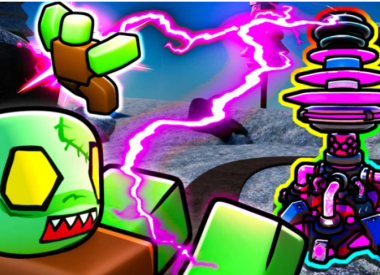Hoverboard safety has been a point of contention following a number of reports about the devices blowing up and catching on fire. The U.S. Consumer Product Safety Commission (CPSC), an independent federal regulatory agency which assesses the safety of consumer products, has been investigating the self-balancing scooters. On Friday, the CPSC called for hoverboard retailers and makers to remove their products from the market, until these devices meet independent safety standards.
“Self-balancing scooters that do not meet these voluntary safety standards pose an unreasonable risk of fire to consumers,” wrote the CPSC’s Robert J. Howell to the makers of hoverboards. “Consumers risk serious injury or death if their self-balancing scooters ignite and burn. From December 1, 2015, through February 17, 2016, CPSC received reports, from consumers in 24 states, of 52 self-balancing scooter fires resulting in over $2 million in property damage, including the destruction of two homes and an automobile. We believe that many of the reported incidents, and the related unreasonable risk of injuries and deaths associated with fires in these products, would be prevented if all such products were manufactured in compliance with the referenced voluntary safety standards.”
#hoverboards Makers, importers and retailers put on notice https://t.co/UEvHCBxSf5 pic.twitter.com/jfG9kIiovC
— U.S. CPSC (@USCPSC) February 19, 2016
"With UL 2272, our expert science, research, and engineering teams have now developed the appropriate requirements and methodology to confidently evaluate and test the entire self-balancing scooter for electrical and fire-hazard safety as a system," said Jeff Smidt, vice president and general manager for UL’s Energy and Power Technologies division. "As recent news has shown us, there is a strong need for this type of service, and today we are pleased to offer our testing and certification services to manufacturers and distributors."
By backing the UL, the CPSC is taking a firm stand on hoverboard safety.
"This is us drawing a line in the sand and a notice for the entire hoverboard community," Elliot F. Kaye, the chairman of the CPSC, told Mashable. "From our perspective, a smart retailer will put in place a stop sale to find out if their inventory complies with the UL standard. If they are certain that it doesn’t, they should then issue a recall proposal."

















